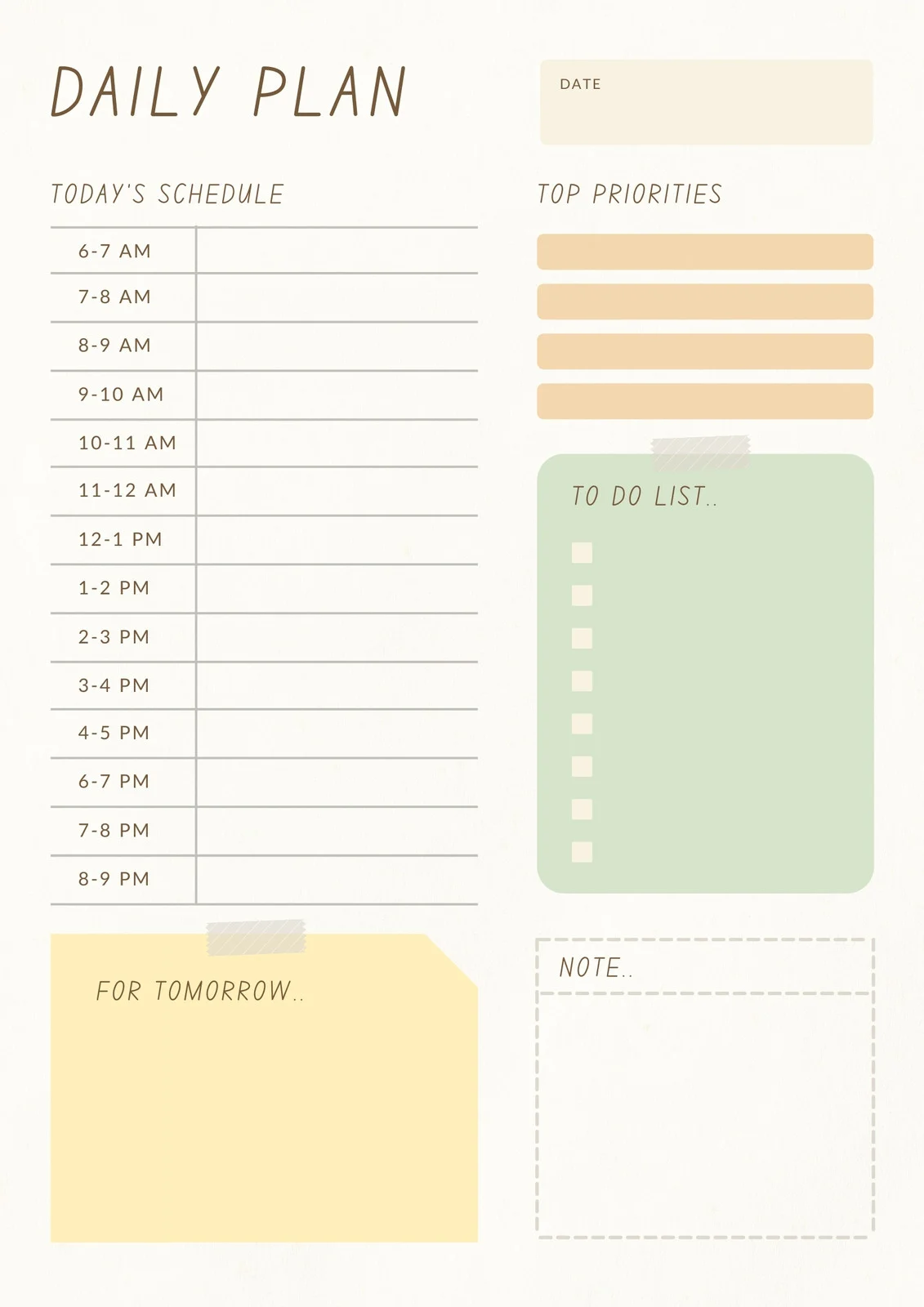Like Isha, do you find it difficult to talk about your mental health at work? Interested in her tale? Do you want to know how to bring up mental health at work? Then you got this!
Read till the end!
Mental health at work| A story
Isha, not disclosing her real identity, is a normal full-time employee at a regular office. Despite seeming in great health, she suffers from acute anxiety and depression. Every morning, she finds it difficult to get out of bed and begin her day. She regularly takes medication and sees a counselor. However, nobody in her office is aware of her situation. She is regarded by everyone as a completely fine and content employee. Nobody is aware of her struggles. She finds it difficult to focus. She’s depressed and lacking in drive to work.
It was already too late when she finally admitted to having a generalized anxiety condition at work. She was unable to write even the most basic emails anymore, much less perform the demanding work she had been hired to do because of the downward slide into a terrible despair. She was forced to nervously tell the truth because her previously outstanding performance had visibly declined, which finally led to her being forced to take a leave of absence.
“In retrospect, a straightforward adjustment made early on probably could have avoided all of that, sparing both my organization and me the additional labor and great personal stress.”, says Isha.
How to talk about it?
Did you too reciprocate what Isha must have felt that time when disclosing her mental health issue at work? If so, how should you approach the subject?
Here are some tips to help you with that.
Although there is never a bad time to talk about mental health at work, coming clean now won’t have any negative consequences for you.
Self reflect
You should examine yourself first, of course. Think about how your current situation impacts your ability to perform at work as well as your behavior, attitudes, and actions. How long have you been experiencing this? When did it all begin? Was the abuse something you experienced at work, in your family, or recent relationships, or was it another kind? Contemplate yourself.
Speak to your friend or someone close
Believe me, folks. Sharing your issues with a close friend or someone else you hold dear can never be harmful. Your sibling, sister, mother, or even your instructor or counselor are all examples of trustworthy coworkers. Try to share it with them and listen to what they have to say. They will not in any way mislead you. On top of that, they will give you more suggestions to help you open up to your manager.
Plan, Plan, and PLAN!
Plan out what you’re going to say and who you’re going to say it to first. Others feel more at ease in a café or staff area, while some people prefer to schedule a time and meet inside a private room. So, choose a location where you feel most comfortable speaking. So that you won’t be anxious to speak to them, write out what you’re going to say. If your mental health is being affected at work, make it clear. Most importantly, BE HONEST!
Be assured and practice in front of a mirror. Prioritize your comfort. Keep in mind that you are the only one who will benefit from this. Simply begin with a normal chat. Go up to them and give it a go!
What to say?
Now that you’re confident and about to talk about your mental health to your manager. Hold on! These starter techniques will add more courage to your words.
- Want to join me for a cup of coffee?- Let them know you want to spend some time and talk to them.
- How are you? Can we talk for a moment?
- Hey! What’s your view on …?
It might be beneficial to consider the following:
- Why do you feel the need to discuss your illness?
- Are there any specific things they can do for you, like give you flexible hours or a lighter workload?
- Are there issues at work, such as stress, bullying, or harassment, that are aggravating your mental health condition?
- Explain how your illness is affecting your capacity to perform your job, and be honest if it isn’t having any impact at all to prevent erroneous assumptions.
- Where can your boss find additional details?
Why is it important to talk about mental health?

Open up about Mental health at Work
Numerous factors make poor mental health and emotional suffering in the workplace challenging for individuals as well as businesses as a whole. Workplace mental health issues can lead to disinterested workers, communication problems, and a lot of change risks related to safety.
Our surroundings around us have created such an environment where people like Isha find it scary to talk about their struggles. They are struck by this stigma that prevents the majority of people from seeking help for their problems. Only 50% of workers will request mental health assistance. At least 1 in 3 persons during the pandemic experienced mental illness, and the effects on mental health are still being felt today. Employers are understanding they have the chance to contribute to the solution because this is unacceptable.
What if someone like Isha talks to you about mental health?
If someone like Isha comes to talk to you, just listen to them. You listening to them is all that they seek. Understanding that people don’t always mean what they say or do in their current mental state will help you deal with the negativity, aggression, and moodiness that come along with depression. As a result, it’s crucial to avoid taking any blame—if they do—seriously. Instead, try to reassure them.
If they try to do something unusual like shaking their hands or covering their face, don’t judge them. Moreover, patience is key. Spend time with them and suggest to them some help if any is needed.
Conclusion
Remember, talking to others about your mental health doesn’t make you weak. This is no weakness and this does not harm. Mental health is a significant, extremely delicate, and serious subject. Your physical health is directly impacted by this, in addition to your emotions and beliefs. I hope that since many of you are office workers, you won’t fall into the pitfall of being reluctant to talk about it. Smile when you speak to people because you never know what’s going on inside of them. At last, opening up and always go for a talk about your mental health at work place is major priority and never take it lightly.
Also Read: Top 5 Amazing Benefits of Aloe Vera.
FAQ
How can I tell if my coworker is experiencing any behavioral health symptoms?
If they are not able to concentrate on their work or if they constantly make the same mistakes again and again then it’s time to talk with them.
As a manager how can I help to improve my employee’s mental health?
If you are a manager, then try forming a support group in your office, This will help a lot.
If I am unwell is it the only option to quit working?
When you are unwell then quitting work is not always the safest option. Instead, try making adjustments and going on a vacation or a holiday.



